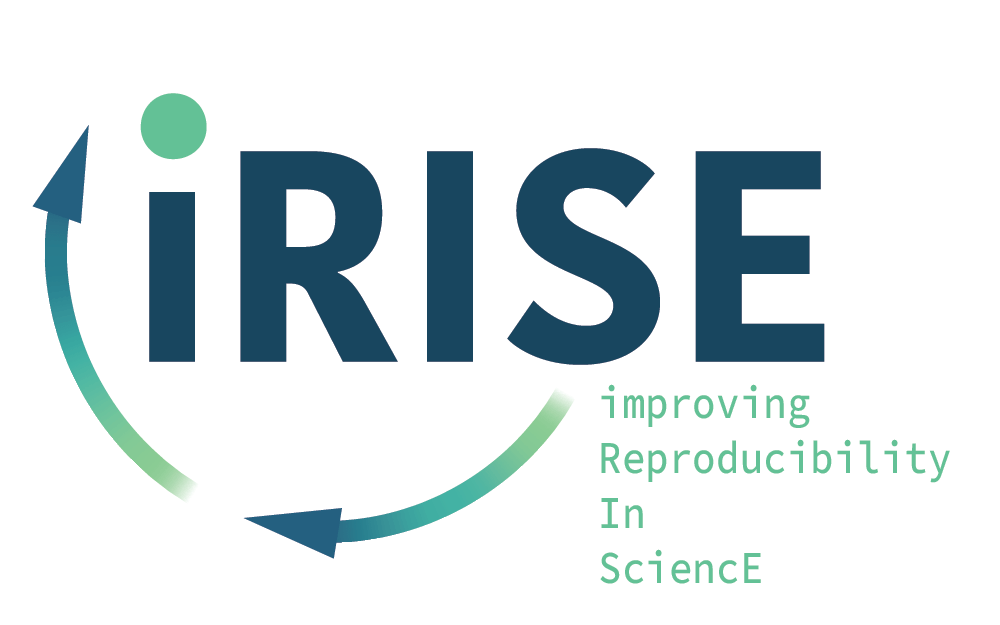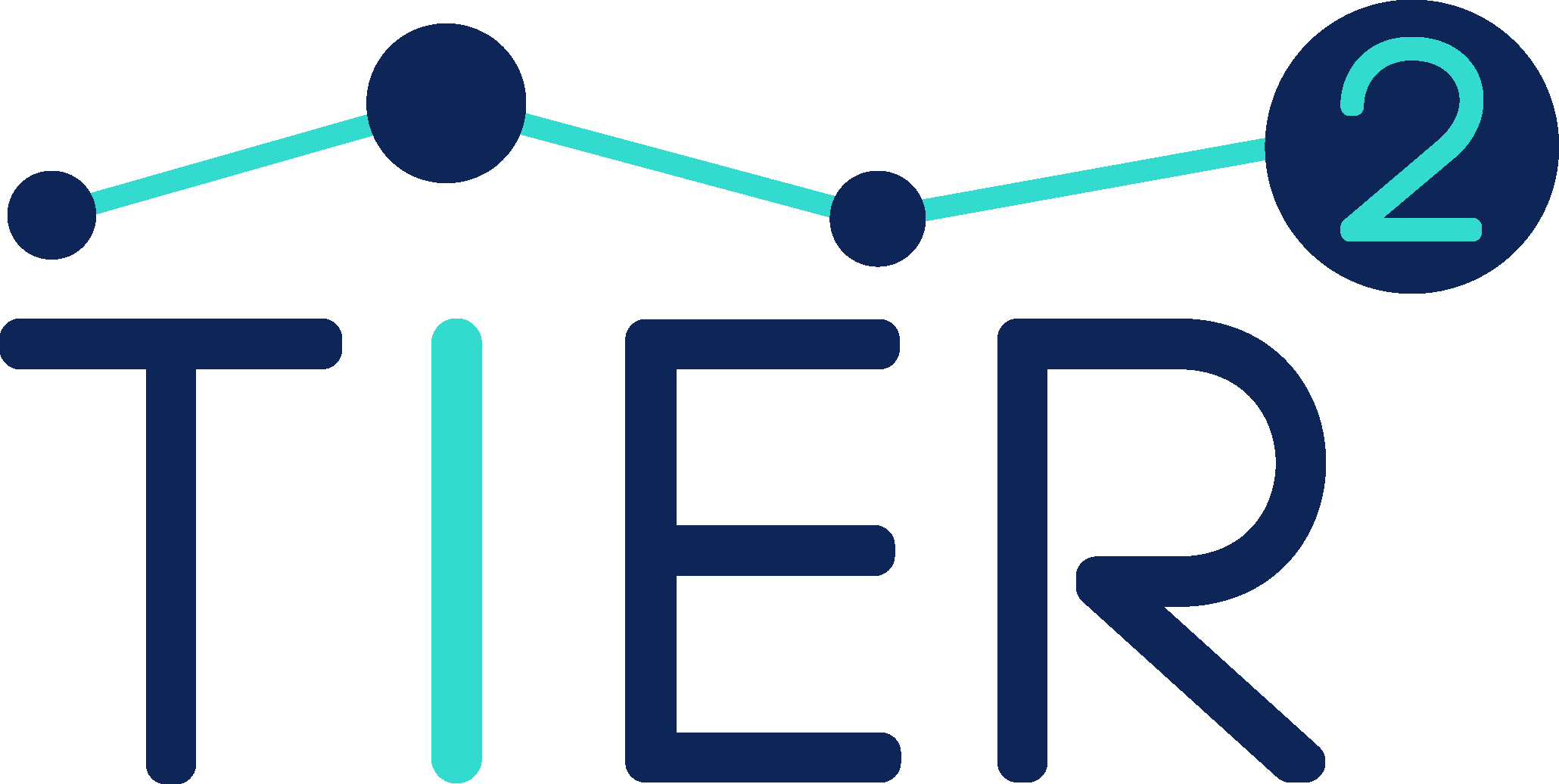improving Reproducibility In SciencE
Taking an integrated approach to understanding, investigating and guiding strategies to address irreproducibility.
Vision
To deepen understanding of reproducibility drivers, evaluate their effectiveness and provide concrete solutions to enhance scientific evidence.
We will foster a research culture of openness, integrity, and trustworthiness to advance reproducibility and knowledge.
Objectives
- Develop working definitions and a general framework for diagnosing and addressing reproducibility problems, define costs, benefits and opportunities, and assess the utility of theoretical evidence in forecasting the success of interventions.
- Perform scoping and systematic reviews to identify and evaluate existing interventions to improve reproducibility.
- Explore the interface between reproducibility and research culture, and in particular considerations and mainstreaming of equity, diversity, and inclusion (EDI).
- Consult and engage key stakeholder groups in prioritising practices and practical tool development for adoption to increase reproducibility.
- Test efficacy and feasibility of specific interventions to increase reproducibility.
- Curate and integrate these different types of evidence to increase reproducibility for dissemination and implementation.
- Effectively project manage iRISE to achieve our objectives in a timely manner within budget.
Equity, Diversity & Inclusion (EDI)
We recognise the importance of equity, diversity, and inclusion (EDI) and EDI dimensions are proactively embedded into the structure of the iRISE project. WP3 is tasked with EDI assessments and mainstreaming throughout iRISE. Additionally, WP3 will identify barriers experienced by specific groups (including genders) that might lead to specific actions to encourage reproducible research practices and ensure our recommendations do not disproportionately affect certain groups.
We are committed to promoting best practices and value diverse perspectives, experiences, and backgrounds in the project, its conduct, and outcomes. We are dedicated to creating an inclusive and respectful environment for all team members, participants, and stakeholders.
We acknowledge the importance of representation from diverse communities, including those historically underrepresented in research leadership and participation. We will take a broad approach to EDI and will include protected characteristics beyond gender, including ethnicity and disability.
The aspects we have considered relevant to gender include the composition of the consortium (key members, including 7 WP leads, are female) and the potential for gender-determined differences in effectiveness and experiences of interventions to improve reproducibility. iRISE will also use the SAGER guidelines for gender- and sex-sensitive reporting and communication in science.
IRISE is committed to providing equal and equitable opportunities for all team members, regardless of their background. We believe that a fair, safe, and inclusive environment will encourage collaboration, growth and underpins the success of the project.
We have a zero-tolerance policy for any form of bias, discrimination, and harassment; no matter the intention; such behaviour will not be tolerated.
We recognise that the research community is in a period of learning, and we are committed to continuous improvement in terms of EDI. We will regularly evaluate our practices to ensure they align with these values.
Our commitment to EDI is pervasive to all aspects of our work and we encourage others to do the same.
Partnerships
iRISE is proud to work in close collaboration with our sister consortia OSIRIS and TIER2. iRISE is proud to work in close collaboration with our sister consortia OSIRIS (Open Science Tto Increase Reproducibility In Science) and TIER2 (Enhancing Trust, Integrity, and Efficiency in Research through Next-Level Reproducibility). All three projects were funded under the same Horizon Europe call, "Increasing the Reproducibility of Scientific Results".
To facilitate our ongoing effective collaboration, the project coordinators of all three projects meet on a monthly basis to update each other on progress, identify potential synergies, and explore opportunities. Additionally, we organise our annual general assemblies in tandem, featuring both joint sessions and individual project sessions.
For further details on OSIRIS and TIER2, please click the links below:
Funded by



iRISE receives funding from the European Union's Horizon Europe research and innovation programme under grant agreement No 101094853. Views and opinions expressed are however those of the author(s) only and do not necessarily reflect those of the European Union or the European Research Executive Agency (ERA). Neither the European Union nor the ERA can be held responsible for them.







